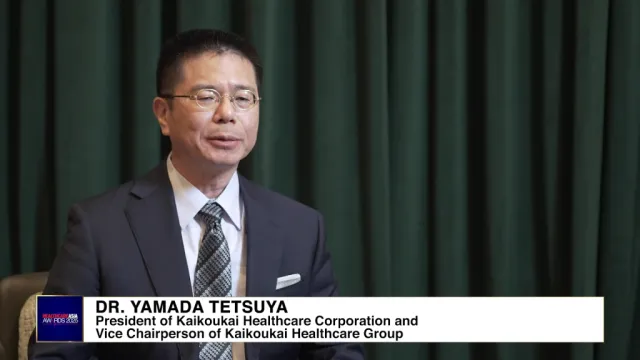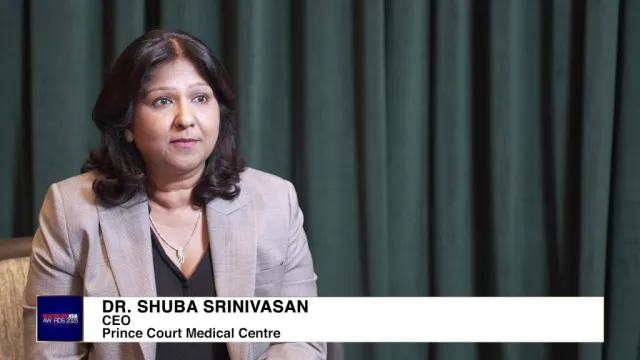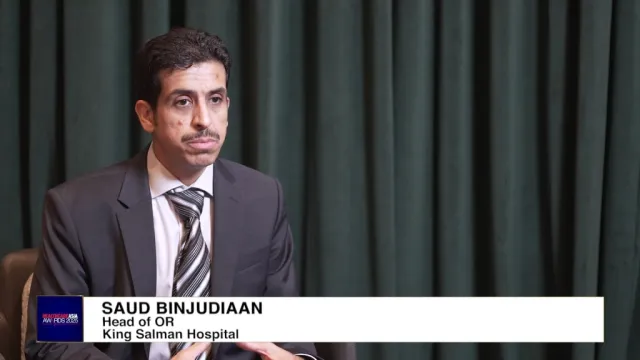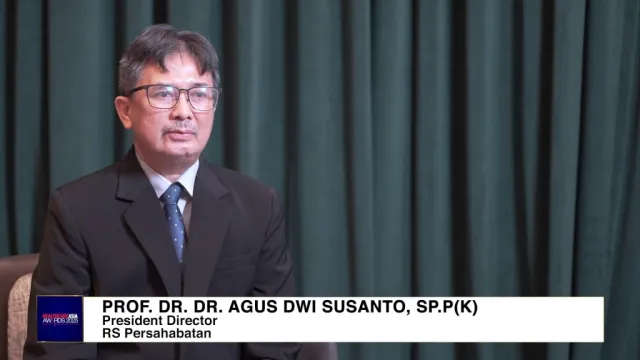
SG's heart centre launches new programme for cardiovascular ageing and longevity
CRANE aims to develop targeted interventions for older adults in real-world settings.
The National Heart Centre Singapore (NHCS) has launched a new programme aimed at preventing heart disease and promoting cardiovascular longevity in ageing populations.
The Cardiovascular Ageing and Longevity (CRANE) programme will expand NHCS’s clinical research programme to develop and evaluate targeted interventions for older adults in real-world settings.
Research under CRANE will focus on the development and validation of ageing biomarkers, exploration of the fundamental mechanisms behind cardiovascular ageing, and investigation of gender differences in these mechanisms.
In addition, the centre’s team will conduct specialised research focusing on specific groups, including geriatric cardio-oncology, regenerative cardiovascular medicine, and population health strategies.



















 Advertise
Advertise








